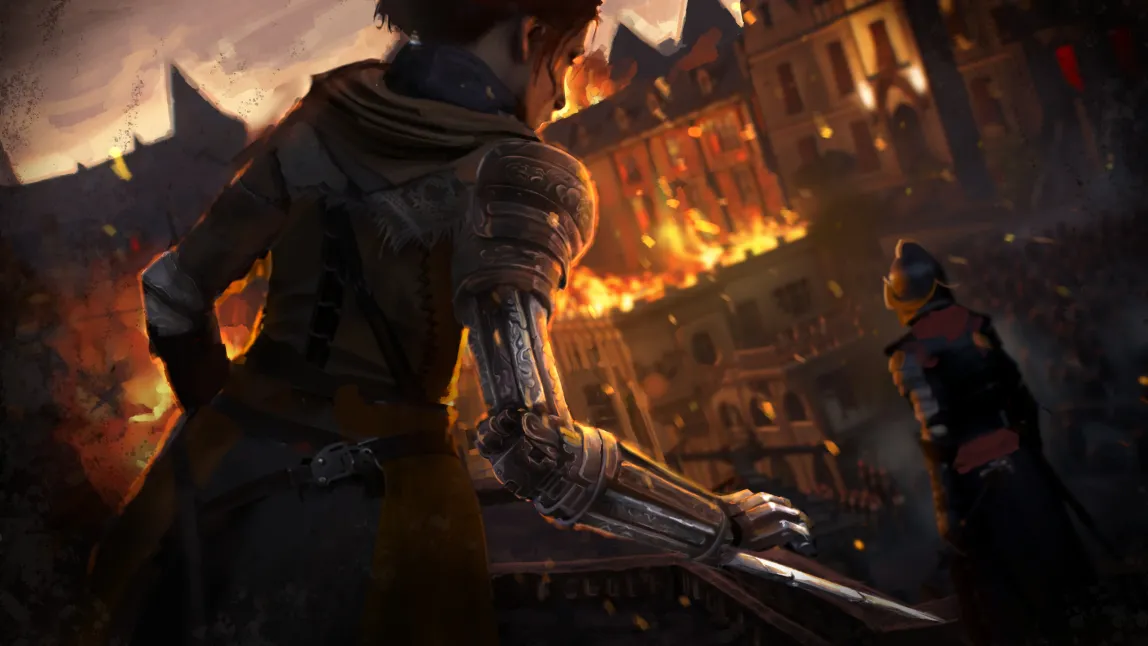
Alexandru Dumitru on programming, AI, and bringing game ‘Sicaria’ to life
04/01/2025 - 15:02
Meet Alexandru Dumitru, a fourth-year student in the Creative Media and Game Technologies programme at Breda University of Applied Sciences (BUas). Specialising in programming, Alexandru has had an inspiring journey, from early gaming experiences to leading AI development on a major student project. In this interview, he shares his story, challenges, and aspirations for the future.